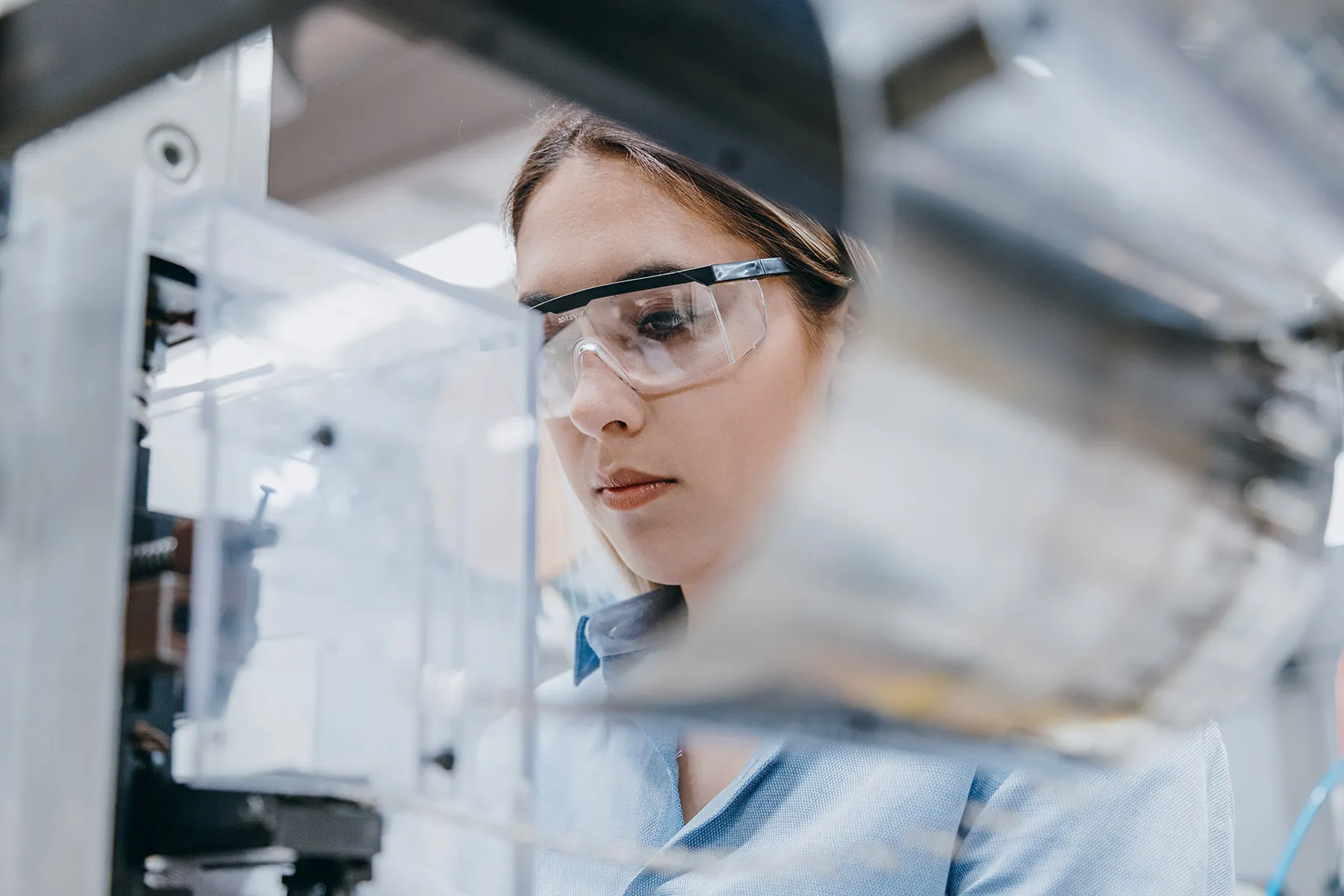Jan. 24, 2022
Elon Musk’s startup company that aims to connect people’s brains to computers is advertising for a clinical trials director, a sign the company is ready to start testing with humans.
The job description from Neuralink says the position is based in Fremont, Calif., and that the person hired will “work closely with some of the most innovative doctors and top engineers” as well as with Neuralink’s first clinical trial participants. A key qualification listed for the job is managing FDA interactions.
The Neuralink website says the “neural implant” would let a person control a computer, keyboard, or mobile device “just by thinking about it.”
An implant, or link, that stimulates and transmits neural signals would be transplanted into a person’s brain by a robotic system controlled by a neurosurgeon, the company website says. The link is connected to flexible micron-scale threads containing electrodes that are inserted into parts of the brain that control movement.
The company’s first goal is to help paralyzed people regain their independence by gaining control of computers and mobile devices.
Musk told The Wall Street Journal’s CEO Council Summit last month that Neuralink hoped to implant microchips into humans in 2022.
“Neuralink’s working well in monkeys, and we’re actually doing just a lot of testing and just confirming that it’s very safe and reliable, and the Neuralink device can be removed safely,” Musk said.
“We hope to have this in our first humans — which will be people that have severe spinal-cord injuries like tetraplegics, quadriplegics — next year, pending FDA approval.”
Musk, who is the founder of Telsa and Space Explorations Technology Inc., launched Neuralink in 2017.
In 2019 he announced that Neuralink was almost ready to start human clinical trials but failed to do so then, USA Today reported.
Note: This article have been indexed to our site. We do not claim legitimacy, ownership or copyright of any of the content above. To see the article at original source Click Here













